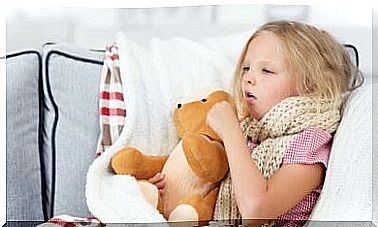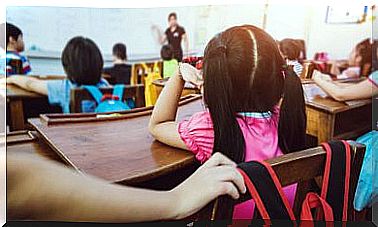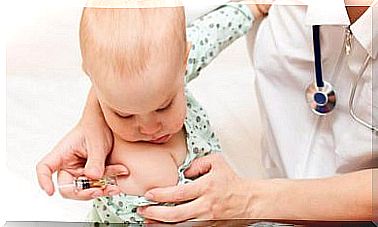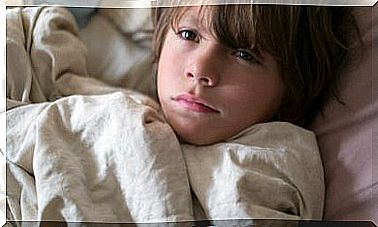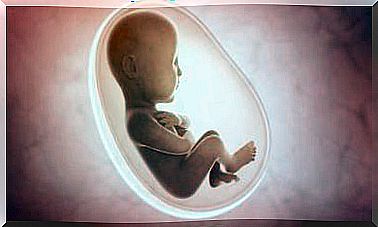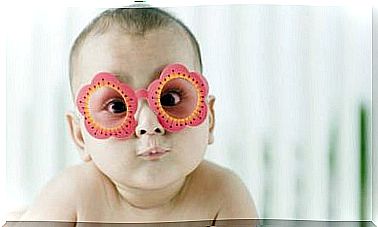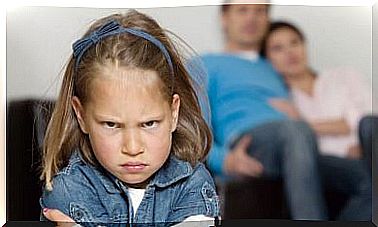Decision-making In Children

The decision-making process is elementary in everyday life. Every human being is constantly making choices : what to eat? left or right? Do I like it or dislike it? What to do now and later? among thousands of other questions that are asked so instantaneously that we hardly even realize we are asking them.
Decision-making begins to develop in childhood, little by little. For this reason, it is very important that we know how to guide our children, since in this way, we will achieve that the decision-making process becomes a valuable tool in their lives, and not a reason for stress.
What is decision making?
Decision making is the process by which we select the best option within the available set, to solve a particular situation.
In this way, the decision-making process can be present in any field : social, family, work, etc. Then the selected option will be considered as:
- The most beneficial option.
- The most viable option.
- The most correct option.
- The most suitable option.
In other words, in the decision-making process, existing data is analyzed and based on the different alternatives offered by the situation, one is chosen to obtain the greatest benefit.
During childhood, children are helped to choose many things, from clothes to food, in such a way that they are helped to visualize what options they have and why some are better than others.

If we go with them to a candy store, even though we take into account what catches their attention, we help them decide on the best option.
Contributions of the decision-making process
- Development of the capacity for discernment.
- Development of critical capacity.
- Development of responsibility (and in the long term, ethics).
- Learn to put yourself in someone else’s place (empathy).
- Management of problems and / or conflicts.
Emotional influence
Life skills, as defined by the psychologist René Diekstra, are related to the acquisition of skills in the social, emotional and ethical fields that complement and optimize cognitive and intellectual skills.
Reason and emotion cannot be separated. Thus, Learning to manage emotions is key to teaching your children to make more assertive decisions. Keep in mind that l Emotions have a decisive influence on decision making.
You can learn to educate your emotions and thus easily find a balance. S According to Diekstra, in an interview with Elsa Punset, in order for our children to learn both to manage emotions and to make decisions, the child can be included in activities that teach them self-control.
The activities that best help the child learn to identify and manage emotions are the following:
- Performing arts
- Theater
- Dance
- Music
- plastic arts
- Painting
- He drew
- Sculpture
- Crafts in general
- Sports and physical activities
As children can be enrolled in how much activity exists, nor should we saturate them in their day-to-day lives. The best thing is that these activities are sporadic or as a hobby or pastime.

Another alternative is to do home theater, dance therapy sessions, go outdoors and practice some team sport.
On the other hand, it is important to emphasize that the more we help them to be independent, the better they will do in life. This does not mean that we are going to leave them alone, we simply must know that we are here to guide, advise and teach them, not to do things for them.
If we are tempted to do everything for them, and to always decide what is best for them, tomorrow, we will have frustrated and / or self-conscious adolescents or adults.
The decision-making process is a contribution that we can provide to our children so that they can manage the situations that may arise in their day-to-day life. Whether they are good or bad. In addition, this will contribute to their mental agility, creativity and flexibility, which will be of great help in all social areas.
Both mental agility and flexibility constitute a great treasure for individuality as well, since in this way, the child can allow himself to err, learn and move on more easily than if he did not have these tools.

